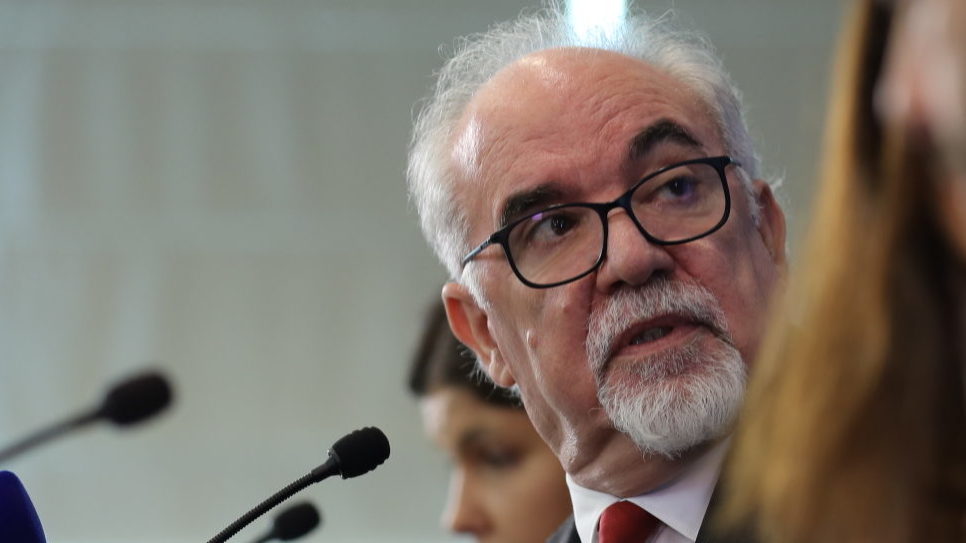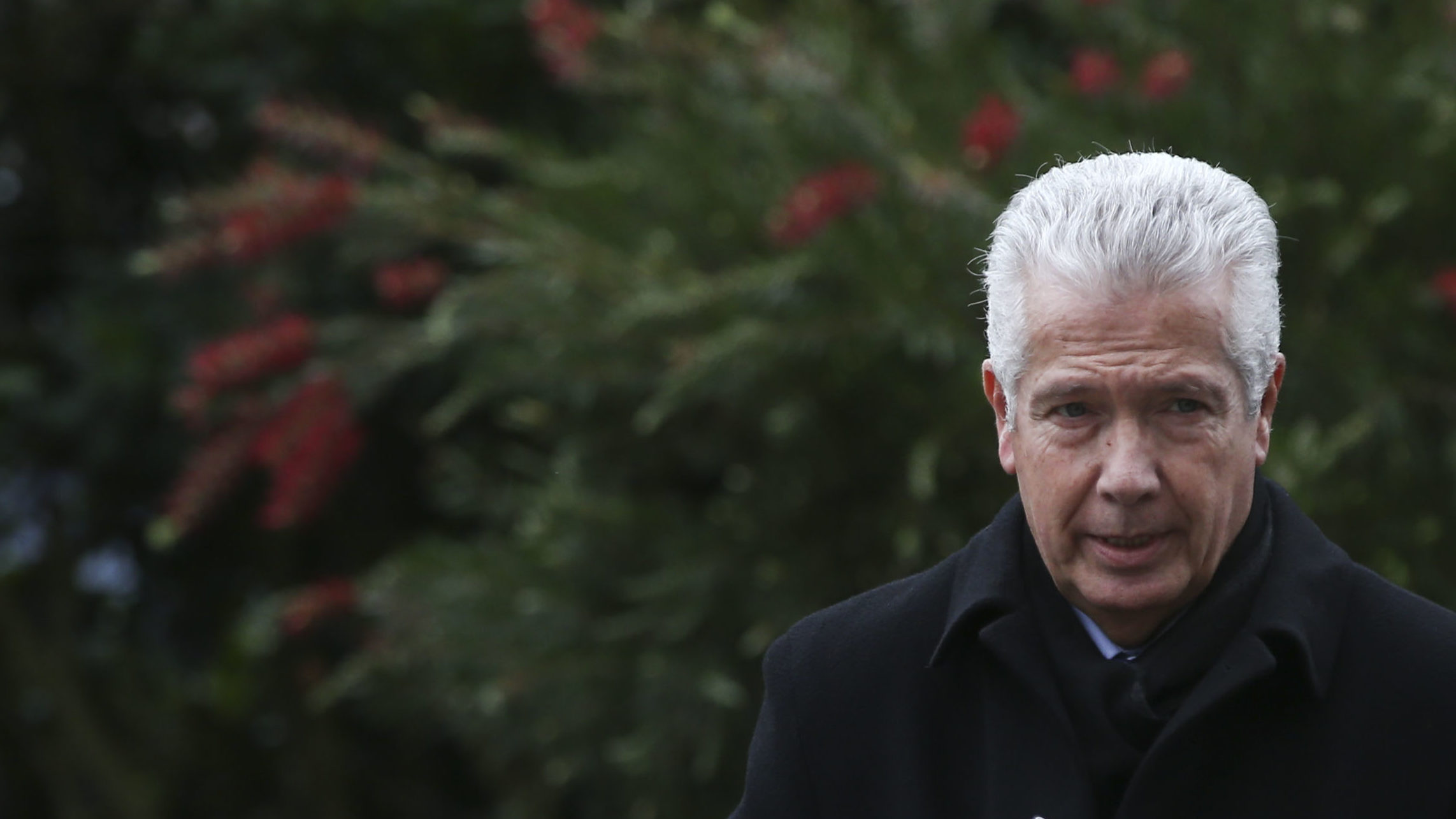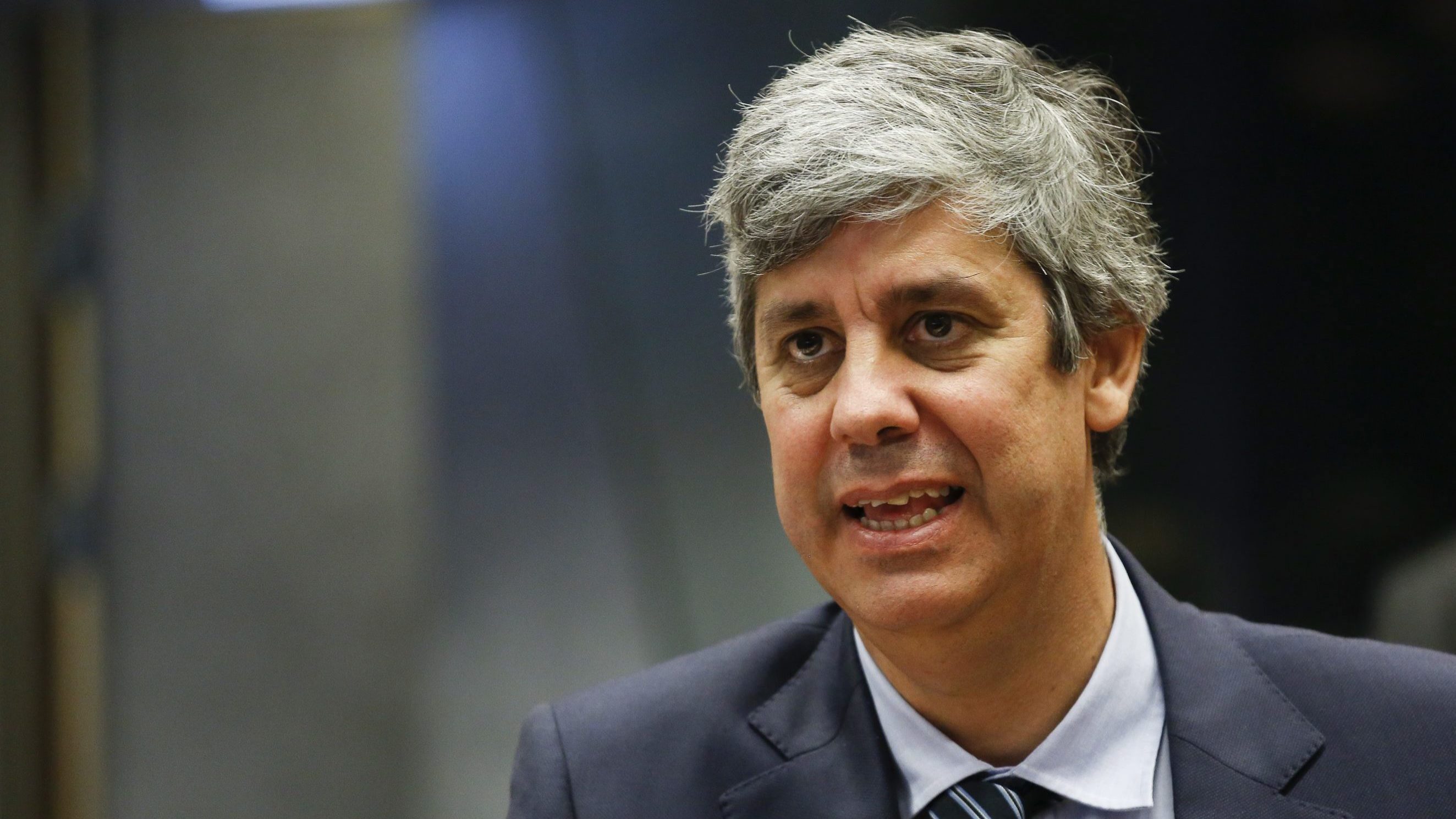Government doesn’t want collective bargaining through a decree
The minister Vieira da Silva advocates for collective bargaining, but warns it cannot be imposed through a decree law. The issue must be discussed with social partners.
Vieira da Silva has stated the government wants to discuss the topic of collective bargaining with social partners, within the social concertation framework. The idea would be to avoid more legislative changes, stated the minister of Labor in an opinion article published this Monday by the Portuguese newspaper Jornal de Negócios.
In his article, Viera da Silva shows support for collective bargaining, but he also warns it cannot be imposed through a decree-law. The governor believes the “consecutive changes in labor laws” have prevented a “stable legal framework” and have shaken up partners’ “motivation” to negotiate with the government – “the predisposition from partners is crucial”, he emphasized.
The minister’s words may be interpreted as a message to the Portuguese Communist Party (PCP) and to the General Confederation of Portuguese Workers (CGTP), who are imposing the end of expiration of contracts as a condition for moving forward with collective bargaining. The issue was even discussed by Arménio Carlos, CGTP’s secretary general, in an interview to ECO: “There are two assumptions we believe are crucial for discussing this matter [collective bargaining]: the revocation of the expiration norm and the reintroduction of the principle of ‘the most favorable treatment’ for an employee”, stated, then, the union leader.
"The best way to safeguard the future of collective bargaining necessarily means to give a voice and opportunity to partners. ”
Still on the subject, Vieira da Silva took the opportunity to make a resume of the evolution of the “social dialogue”, which “has suffered a significant decline” in 2004. “Only after the concertation agreements of 2005/2006 were there once again high levels of coverage from the IRCT” (Collective Labor Regulation Instrument), he stressed.
“There are currently new means to be able to have a serious debate over these issues, in economic, social and political circumstances, including around the regulation of the labor market, distinct and favorable. After last decade’s experience, it is in the concertation that this debate is being made. And we must concentrate efforts on the concertation before we immediately start to make (new) legislative changes”, stated Vieira da Silva.




